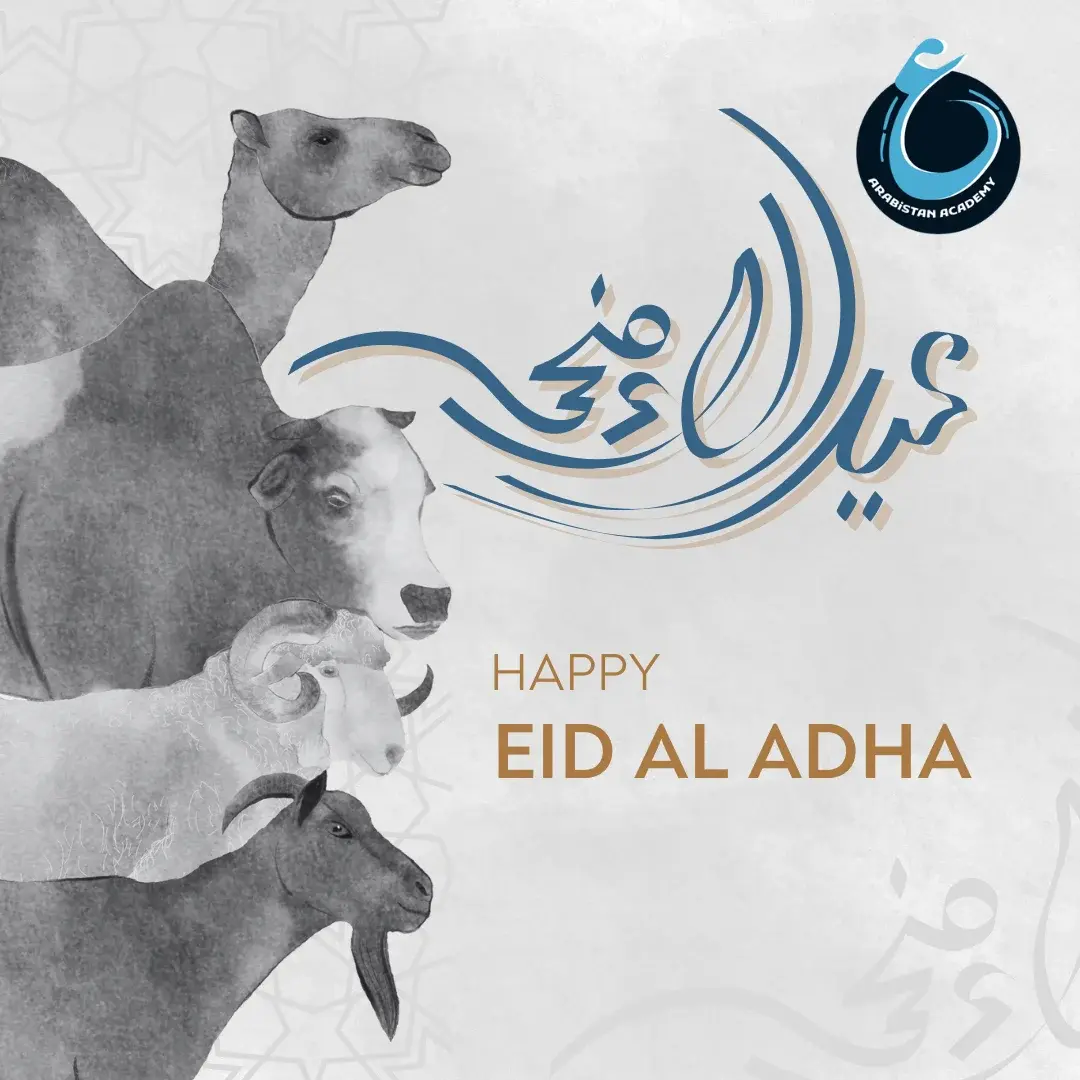Eid al-Adha, also known as the Feast of Sacrifice, is one of the most significant religious observances in Islam. Celebrated annually on the 10th day of Dhu al-Hijjah, the final month of the Islamic lunar calendar, Eid al-Adha commemorates the profound willingness of Prophet Ibrahim (Abraham) to sacrifice his son as an act of obedience to God’s command.
The Story of Ibrahim’s Sacrifice
The story of Ibrahim’s sacrifice is a cornerstone of Islamic faith. God commanded Ibrahim to sacrifice his beloved son, Ismail. Despite the immense emotional burden, Ibrahim’s unwavering faith and devotion led him to prepare for the sacrifice. However, at the last moment, God intervened, providing a ram to be sacrificed in place of Ismail. This act of divine intervention symbolized the importance of submission to God’s will and the value of sacrifice in the pursuit of righteousness.
Observing Eid al-Adha
Eid al-Adha is a time of celebration, reflection, and community. Muslims around the world mark this occasion with special prayers, festive gatherings, and acts of charity. The central ritual of Eid al-Adha is the sacrifice of an animal, typically a sheep, goat, cow, or camel. The meat from the sacrifice is divided into three parts: one-third for the family, one-third for relatives and friends, and one-third for the poor and needy. This act of sharing emphasizes the importance of generosity and compassion in Islam.
The Deeper Meaning of Sacrifice
The act of sacrifice during Eid al-Adha holds profound symbolism. It serves as a reminder of the sacrifices made by Prophet Ibrahim and his family, highlighting the values of faith, obedience, and selflessness. Moreover, it encourages Muslims to reflect on their own willingness to sacrifice personal desires and comforts for the sake of God and the well-being of others.
Eid al-Adha and the Hajj Pilgrimage
Eid al-Adha coincides with the culmination of the annual Hajj pilgrimage to Mecca. Millions of Muslims from diverse backgrounds gather in Mecca to perform the rites of Hajj, fostering a sense of unity and brotherhood among the global Muslim community. The shared experience of Eid al-Adha during Hajj reinforces the spiritual significance of the occasion.
My Aspiration to Learn More
The rich history and profound symbolism of Eid al-Adha have inspired me to deepen my understanding of Islamic teachings and traditions. I am eager to learn more about the historical context, theological interpretations, and cultural expressions associated with this significant festival. I believe that the Arabistan Academy, with its esteemed faculty and comprehensive curriculum, would provide me with the ideal platform to pursue my academic and spiritual goals.
Eid al-Adha is a time of joyous celebration, spiritual reflection, and communal solidarity. It serves as a powerful reminder of the importance of faith, sacrifice, and compassion in Islam. By commemorating the story of Ibrahim’s unwavering devotion, Eid al-Adha inspires Muslims to strive for righteousness and to uphold the values of generosity and empathy in their daily lives.

